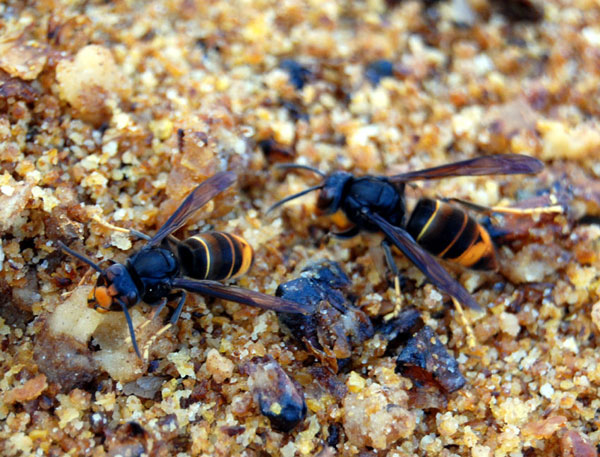greatbritishhoney
Drone Bee
- Joined
- Aug 16, 2010
- Messages
- 1,626
- Reaction score
- 0
- Location
- Montgomeryshire
- Hive Type
- National
- Number of Hives
- 6
Sorry if this has already been posted somewhere on the forum....
http://www.independent.co.uk/environment/nature/invasion-beware-the-killer-hornet-2371353.html
http://www.independent.co.uk/environment/nature/invasion-beware-the-killer-hornet-2371353.html







